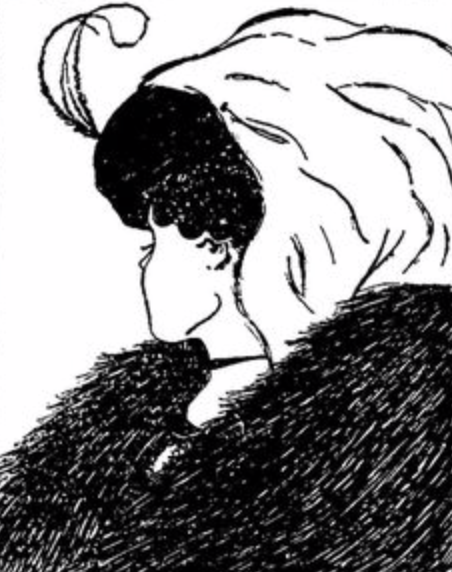
Different ways of seeing have pretty much always been interesting to me. All the way back to some early psychology classes in my teens that included exercises with images like this above — older woman, younger lady? Though I haven’t always had language for it, something in me has trusted that human perception, and cultural perception, is subjective. That tree that I see “out there” isn’t the same tree that others see “out there.” What’s going on with this team or this community “out there” isn’t the same for each person. Because it turns out that our “in here” influences what we see “out there.” The subjective redefines what is considered the objective. And, let’s keep going, perception isn’t just a brain trick — it creates and constructs reality.
There’s nothing too new about that. I continue to love both doing and being with those that encourage cultural awareness and worldview awareness. I continue to learn that it takes some skill to be in the uncertainty, the unknowing, the unlearning, and the scrambled eggs of it.
I love this piece that Chris Corrigan posted recently on Squamish ways of seeing. The anchoring points that Chris offers are enough to carry me into months of learning.
Everything starts with the land.
Ceremony strengthens you so you can stay positive.
Take care of the things in your temporary possession.
“Prayers and love, once they are put down, stay where they are put.”
What delights me in statements like this (note that Chris calls them gifts, not just takeaways) is that they set the table for a full meal of “what if, what if….” What if any of us deliberately starting seeing first through land? What if I / any of us reacquainted with ceremony, not as extracurricular, but as core and central? What if…?
Enjoy reading Chris’ full piece. And multiple “ways of seeing” that I would name as a core skill and communal competency to develop for these times that we live in. In the end, I would suggest, our commitment to seeing in many ways is a kindness to our selves and to others.
“In here” changes “out there.” And “out there” can change “in here.”
